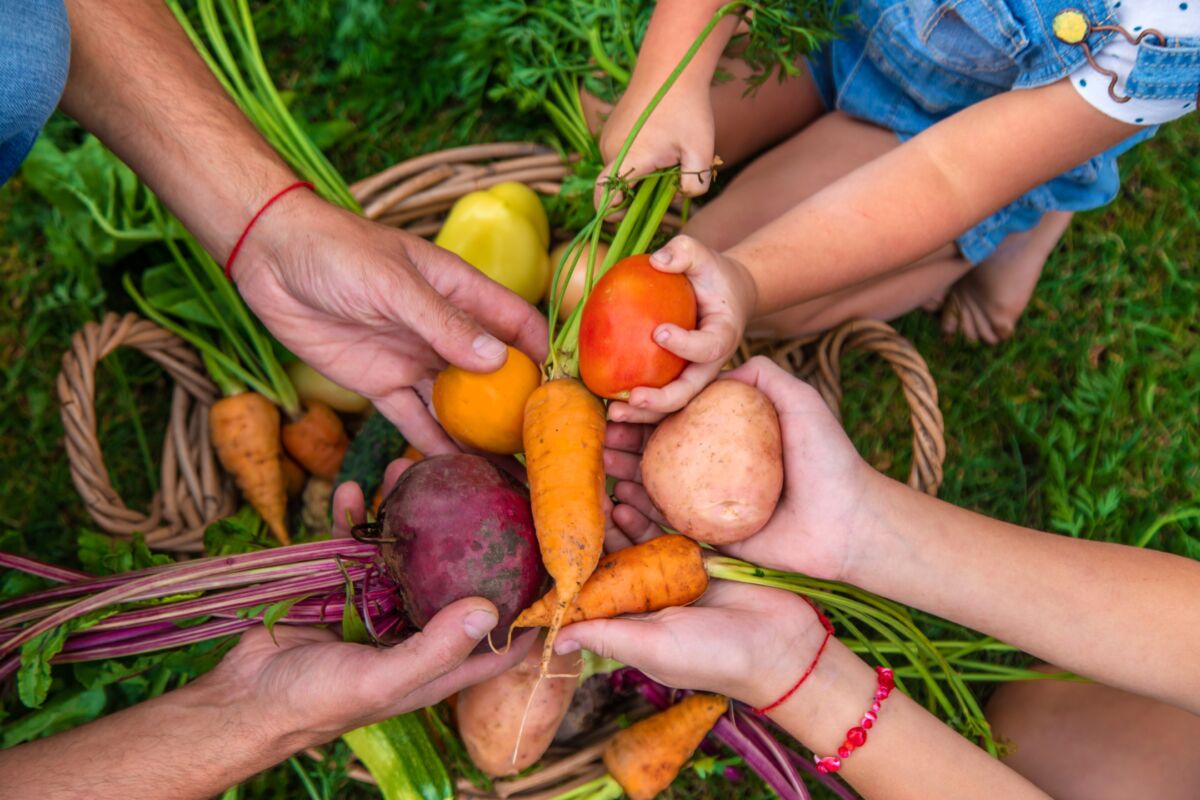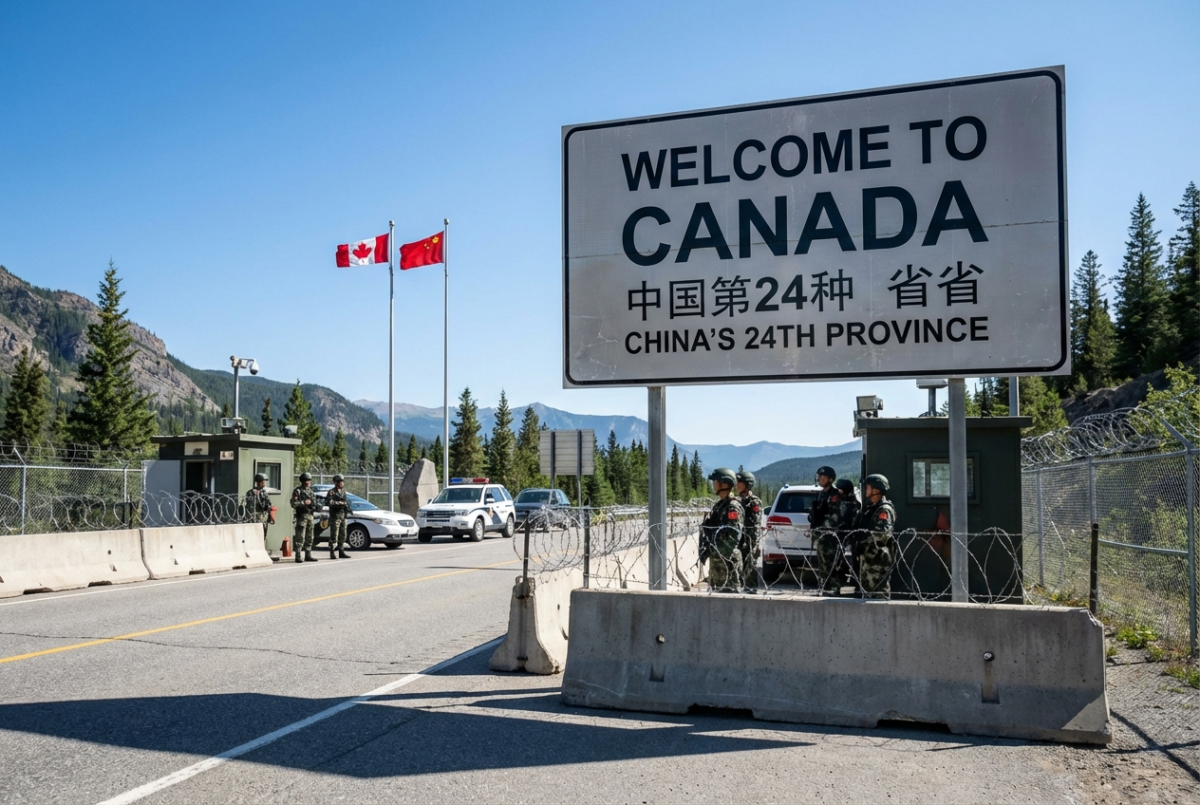Food Freedom: Late Season Actions and Beyond
By Hugh Mannas Espiritus
The best time to prepare for a healthy future is now.
The second-best time is past, so let it go and be present.
Across this land, and all of North America and beyond, we have so much potential to be healthier and reach “Food Freedom.” Starting some portion of it is easier than we’ve been led to believe!
Food sovereignty is the most important factor of life sovereignty. Think about it: if on paper you and I stand for and eventually achieve all the laws protecting our rights to be free, yet big corporations continue poisoning our food and medicine, or charging ever-increasing amounts, are we truly sovereign?
Yes, we must unite in community, demand and create better laws, save what’s left of nature, ban poisons and extortionist food monopolies, and work toward a better world in all areas of life, community, and planet. At the same time, do you realize your health, your budget, and your life overall will radically improve by simply improving your food sovereignty as much as possible?
Don’t lose touch with uncensored news! Join our mailing list today.
If you ever think it’s too late in the season to grow, I assure you—it’s never too late to start. It’s well worth taking steps of any size toward food sovereignty today, this week, or any day you can make time for what’s important. To help you help yourself, your family, and your friends faster, we’ve compiled this simple list to start now:
Simple Action Steps
- Give thanks for what you have and ask or pray for what you feel you still need.
- Observe and prepare—write, journal, plan potentials, make lists, and draw fun garden designs with flowing, non-linear pathways and diverse plantings.
- Shop local farms—organic, regenerative, permacultural if possible. Buy food, plants, seeds, and advice. Maybe volunteer?
- Seeds are life—collect, save, sort, store, label, plant, share, swap, sell, library, bank. Gather lots of seeds (more than just for you and your family).
- Build soil—add organic matter, compost, leaf mulch, castings, bark mulch, wood chips, logs, branches, rocks, minerals, etc.
- Keep soil structure—little to no tilling. Remove only invasive plants, necessary transplants, and root crops. Chop and drop, let some go to seed. Grow cover crops.
- Grow what you can, anytime—even before and after snow, there are seeds and bulbs you can try. Buy starter plants if necessary.
- Preserve food—as much as possible, using different methods. Especially do this with community, like in the “good old days.”
- Grow sprouts and microgreens—experiment with different techniques and see how quickly you can grow healthy food.
- Plant natives—medicines, fruit and nut trees, berry bushes, and other perennials suited to your climate and region.
- Use season extenders—cold frames, greenhouses, solariums, extra mulch, blankets, even “Christmas” lights for delicate perennials if needed.
- Water is life—stay hydrated, but not drowned. Keep learning sustainable water-retention strategies.
- Learn local herbal medicines—and start planting some.
- Eat and share—enjoy lots of fresh fruits and vegetables!
- Have a garden party—share food, knowledge, and fun!
Now you have some guidance. Try doing as much as you can right away with your own instinct and awareness. Then consider evolving faster with the help of friends, family, neighbors, local experts, books, magazines, videos, and more. The more you learn and experience (sometimes from mistakes—no problemo) today, the more you can help others tomorrow.
The more we practice regenerative gardening, permaculture, lifeculture, biodynamics, and similar approaches, the more we can integrate them into all areas of life to make everything more sovereign, efficient, sustainable, and regenerative.
When you feel you’ve learned something of value, please consider sharing it with community for the benefit of all. My favourite way is with a community potluck, workshop, and hands-on work party.
Community conversation circles can change everything!
And as time goes on, the need to grow grows. So—are we best to grow more too?














